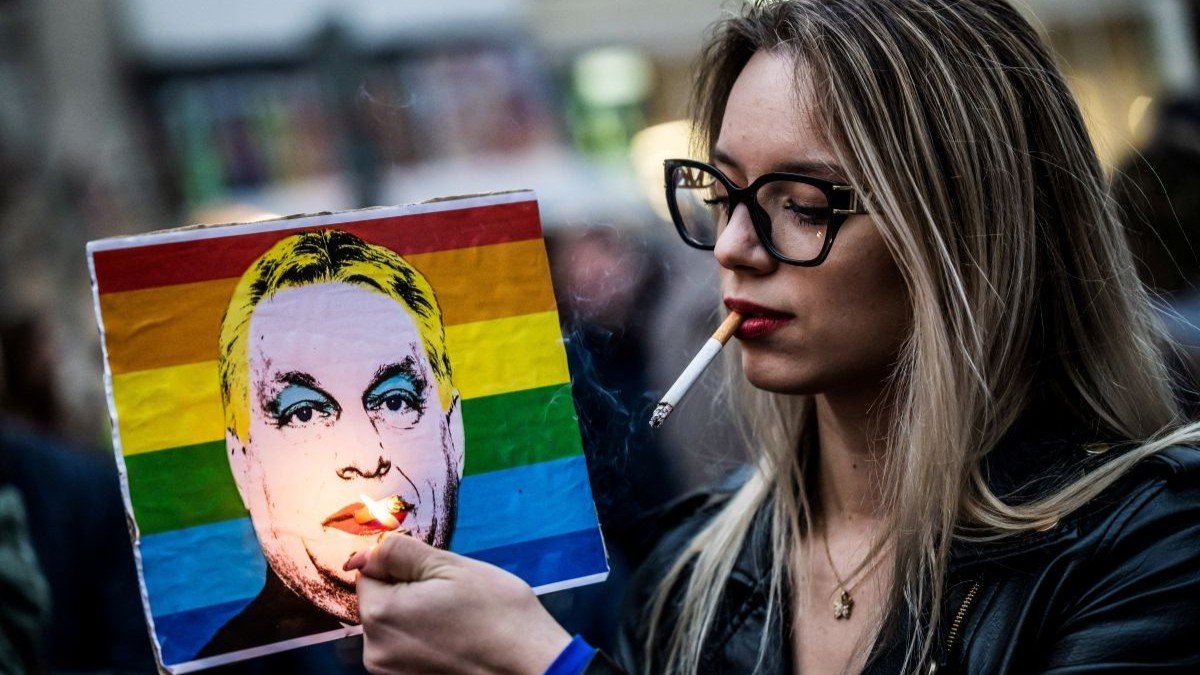Pride and Politics: the drama in Budapest
Hungary’s capital will proceed with Saturday’s Pride parade celebrating the LGBTQ+ community, despite the rightwing national government’s recent ban on the event. The culture war between the city and “illiberal” Prime Minister Viktor Orbán reflects wider urban/rural splits in Hungary. The European Union has urged Orbán to lift the ban and is probing the legality of Hungarian police using facial recognition to identify attendees. Many countries have expressed support for the parade, but the Trump administration, sharing Orbán’s misgivings about LGBTQ+ culture, is not among them.
Rwanda and DRC to sign Trump-brokered peace deal
Rwanda and the Democratic Republic of Congo will sign a peace deal in Washington today, hoping to end a conflict that has killed thousands and displaced millions. The war in a nutshell: Rwanda has backed rebel groups that have seized large swaths of territory in the mineral-rich DRC. The Trump administration, which wants a Nobel peace prize for its efforts, brokered the agreement in part to gain access to DRC critical minerals, but critics say the economic terms are still vague.
US Supreme Court hands Trump a win versus the judiciary
The US top court on Friday limited federal judges’ ability to issue nationwide injunctions against executive orders, but did not rule directly on the constitutionality of President
Donald Trump’s order to limit birthright citizenship. The 6-3 decision, which halts Trump’s citizenship order for 30 days while other legal challenges play out, was split along ideological lines – the liberal minority dissented. The ruling could affect the roughly 255,000 children born annually in the United States to parents who are neither citizens nor permanent residents, per a Penn State
estimate. But it also expands executive power vis-a-vis the courts more broadly. For more on this, watch
Ian Bremmer’s recent
interview with Yale Law School senior fellow
Emily Bazelon.
